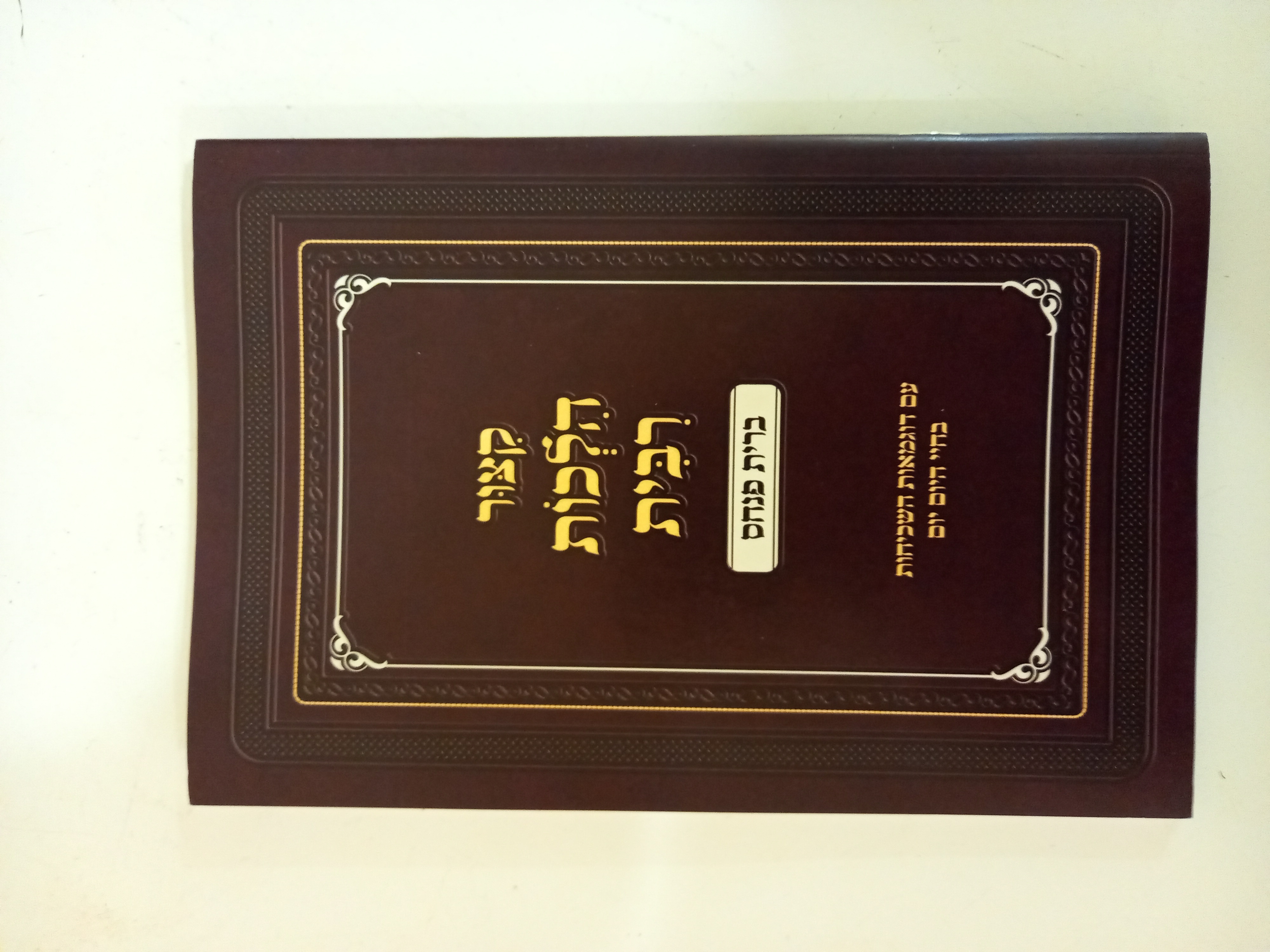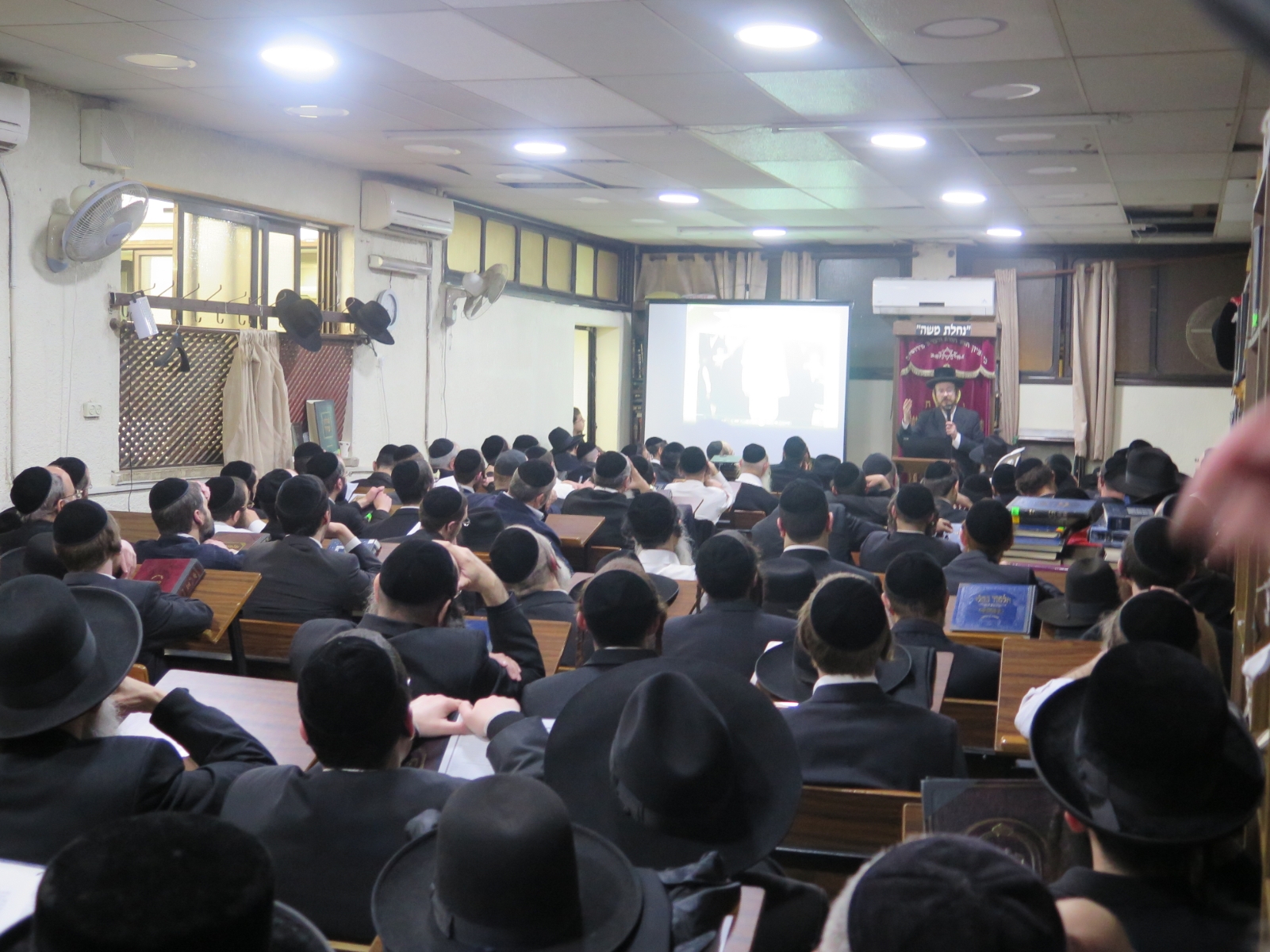"The Millionaire Cried to Me: 'Why Did No One Tell Me About This Serious Prohibition?'"
How borrowing a cup of oil from a neighbor might involve interest, concerns with children's savings in banks, and why kids playing with marbles could stumble upon interest issues. Rabbi Pinchas Wind clarifies and warns: "Many unknowingly transgress for years."
 Rabbi Pinchas Wind
Rabbi Pinchas WindWe are all good people, no doubt about it. We strive to observe the commandments and do what is required, yet might inadvertently stumble into the prohibition of interest without any warning.
It can catch us at almost any moment. For example, when a neighbor knocks on the door asking for half a cup of oil and later returns a full cup; it can happen when our child lends a friend 40 marbles and agrees that next week they will return 50; or when we order an electrical device and agree with the seller to pay a higher amount, provided they allow installment payments each month.
"In all these cases, there are very serious prohibitions regarding interest, some even from the Torah itself," says Rabbi Pinchas Wind, who has dedicated the past ten years to raising awareness about interest prohibitions. "I don’t have an explanation for this phenomenon," he says, "but it can be seen that there are quite a few G-d-fearing people who are meticulous in their observance of the Torah and mitzvot, but they don’t adhere at all to the laws of interest, which are directly from the Torah and written in the Talmud."
A Generation of Interest
Rabbi Wind ventured into this field after years in education with an organization focused on teaching students with learning difficulties. “We had students who were very successful in various disciplines, but struggled with Torah learning. I constantly sought ways to teach Torah in a more comprehensible manner and arrived at the topic of interest, trying to simplify it. At that stage, I stumbled upon something surprising and interesting—I discovered that numerous topics learned in the Shulchan Aruch and Talmud are simply not observed. I tried to understand why this was so, and the more I researched, the more I realized that a significant challenge in studying the laws of interest is that many rules that were applicable historically are no longer relevant today, making it harder to convey and learn them. At that moment, I decided to contribute my educational skills and methods developed over the years to make this field accessible and deliver it to all of Israel."

Rabbi Wind emphasizes that he has heard from various respected rabbis, including Rabbi Steinman, Rabbi Wazner, and the late Rabbi Ovadia, that according to their understanding since the Torah was given, there hadn’t been another generation where the laws of interest were as prevalent as in our days. The reasoning is quite clear. A hundred years ago, for instance, there weren’t banks lending at interest, credit cards with interest, cellular companies charging interest for late payment, and many other issues that are fundamentally about interest simply didn't exist. Nowadays, the risk of interest is looming at every corner.

So what should we do about it?
"Regarding banks, there is a major issue," notes Rabbi Wind, "it seems that almost every transaction involving a bank, whether by credit card or other means, accrues interest, which can be problematic. Here comes the known solution of 'heter iska'—a document that turns the interest loan into a sort of joint investment venture between the lender and borrower, thus removing the prohibition of interest. This makes the loan permissible. But 'heter iska' is not a magic wand; it has to be ensured that things are done according to strict Torah law."
"Recently, the state has been giving children's savings money," Rabbi Wind adds. "Supposedly, the money is deposited in banks and invested with various investment firms that earn profits, some of which operate entirely illegitimately. If there’s no supervision over these companies, your child could be burdened with interest from a young age."

And it's not just through banks. "We encounter repeatedly questions relating to signing contracts for buying or renting apartments. When someone rents an apartment, typically the contract states that if the money is not transferred, they must pay interest. Once again, if there is a heter iska, this solves the problem, yet not everyone is aware that they need to do this. Even those who are aware don’t always know how to properly execute a heter iska."
"There are solutions," he emphasizes, "one can find ways to handle almost any situation according to halacha, but awareness is needed, and people must simply ask and inquire. It must be remembered—there is no scenario where a person can lead a Torah-compliant life without encountering the issue of interest. The idea is not to avoid transactions but to know how to conduct them correctly," he stresses.
The Goal: Raising Awareness
Over the years, Rabbi Wind managed to stir the field, successfully prompting company leaders, most of whom do not observe the commandments, to sign a heter iska—saving many Jews from the sin of interest.
To this end, he established special rabbinical courts dealing with interest spread across the country. "We also cooperate with the largest municipalities in the country, including the cities of Haifa, Migdal HaEmek, Beit Shemesh, Nazareth Illit, Lod, Akhisamekh, and more. Additionally, we advise many companies in the industry," he says.
 Signing heter iska at Migdal HaEmek municipal
Signing heter iska at Migdal HaEmek municipal Heter iska distribution event in the USA
Heter iska distribution event in the USA
His flagship achievement can be seen in the training of Torah scholars to study the intricacies of interest laws thoroughly. "Today, over 2,000 students have acquired this knowledge," notes Rabbi Wind. "They receive field training to make them competent judges in this area. It must be understood that these are not straightforward laws of 'yes' or 'no', 'allowed' or 'prohibited'. Concerning interest, one must be sophisticated to delve deeply into arising questions and guide questioners accurately toward the most beneficial solutions. To date, we have study groups in Jerusalem, Bnei Brak, Rechasim, Beitar, and abroad—in London, Mexico, and other places. The laws are extremely complex because each question brought to these judges doesn't just focus on one subject but requires knowledge of several topics to make appropriate rulings and provide answers. One must study them deeply and continually monitor the situation since things change from day to day. For example, the recent law changes concerning credit cards and the timing of fund transfers between companies. Without keeping track of these details, one cannot make rulings."
 Public lecture in Bnei Brak
Public lecture in Bnei Brak"Additionally, we have a line for interest-related issues that receives close to 1,000 questions daily on the subject. Over 80 dayanim answer this line throughout the day and night, available from eight in the morning until one past midnight, in Yiddish, Hebrew, French, and English languages.
"Our hotline receives questions of all kinds - from simple questions, such as a yeshiva student who was thirsty and asked a friend for half a bottle of cola, promising to return a full bottle. Only after the fact did he consider that it might be interest, and he was indeed right. But there are also more complex questions that involve deals, sales, and investments in vast sums. People don't want to fail, but unfortunately, we encounter painful stories repeatedly. For instance, a few weeks ago, a Jew in his 60s came to our beit horah that handles interest matters. He sat down and cried bitterly – 'How was I supposed to know there was an issue with how I managed my business? I earned hundreds of thousands over the years in interest. I never thought it was such a serious prohibition'."
One of the ways Rabbi Wind raises awareness is by writing books on the topic. Among others, he published the book 'Interest in Practice,' which explains its prevalence in daily life and the need to be knowledgeable in its laws. Another book he authored addresses contemporary questions he's received over the years, along with answers, of course.
 The book 'Interest in Practice'
The book 'Interest in Practice'"Subsequently, we released a book illustrated by the famous artist Yoni Gerstein, making the subject clear and bright through suitable illustrations. Thousands of homes study these laws from the book every week at the Shabbat table. Very recently, we also released 'Abridged Laws of Interest' for the bride and groom. This book is specifically designed for young couples because they are exposed to so many laws, particularly as a young couple beginning their shared life, also financially and economically."
Escaping Interest
Rabbi Wind notes that in parallel, they are also investing in educational programs and content delivery for children and youth in schools. "In recent years, some very well-known seminars have incorporated the study of interest laws as part of the curriculum, just like studying the laws of blessings and Shabbat observance. The idea is to educate the girls just before they step into life so they'll know what issues to pay attention to and in which cases they might err or mislead their families into sin.
To anyone who might find this religiously dry, Rabbi Wind clarifies that behind the laws lies significant spiritual and educational content. "To understand this, one must understand what the Torah says about interest and why the offense is so severe," he explains. "In one Torah source, it's written that a person must lend to a friend, fulfilling a commandment from the Torah, and Rambam states that the mitzvah of lending is more important than charity.

"On the other hand, one must also grasp the severe gravity of the interest prohibition. The Chafetz Chaim explains on the words 'He revives the dead with great mercy' that the words 'great mercy' were written for lenders at interest since elsewhere it's mentioned that a lender at interest will not rise at the resurrection, which is why it is written that he will need much mercy to rise.
"We constantly encounter astonishing and moving stories," notes Rabbi Wind, "families who have taken upon themselves to study interest laws tell us how they simply see blessings in their handiwork. Just last week, a halacha teacher from a well-known seminary contacted me. She wanted to ask a question, and along the way, she mentioned that thanks to her studies, she is very stringent with interest laws and that she was blessed, thank Hashem, to marry off all her children without a mortgage. She told me, 'I have friends who earn double what I do and struggle to make ends meet, yet I succeeded in marrying off my children with dignity and without any difficulty'.
"She is not alone," clarifies Rabbi Wind, "we hear repeatedly from families who have taken upon themselves interest law studies and say that they see blessing. It's not surprising since, as brought in the Gemara, Rabbi Shimon bar Yochai says a person who stumbles over interest will lose their money, and Gemara explains that people's money gets lost only because there are severe issues of interest."
And after all this vigorous activity - is there truly greater interest in the field?
"Definitely yes, and that’s my greatest gratification. It’s incredible to see people from all walks of life and from all parts of the population contacting us. There are children, and there are young scholars and even big businessmen reaching out to us because they’ve been told 'before signing any deal, they must ensure it doesn’t involve interest’. Often they tell me: 'Rabbi, we may not be observant, but we flee from interest'.
"Some have approached us, saying they were willing to seemingly lose millions, just to not stumble on interest, while others described rebuilding their business entirely after they started operating according to halacha. Our goal is to continue actively in this area, and with Hashem's help, we will fully do so".

